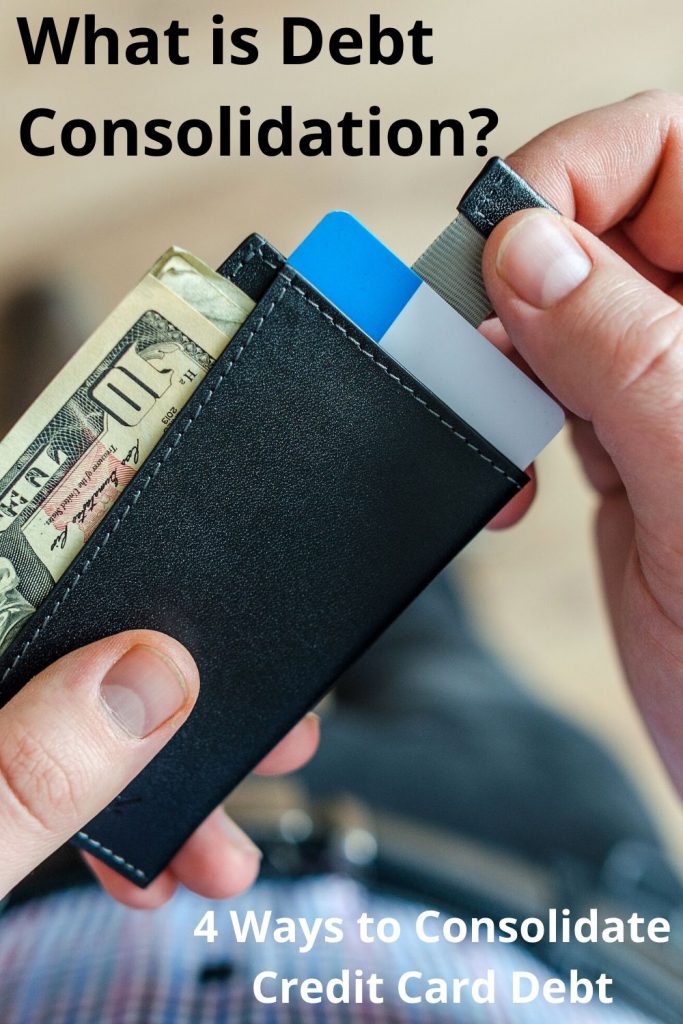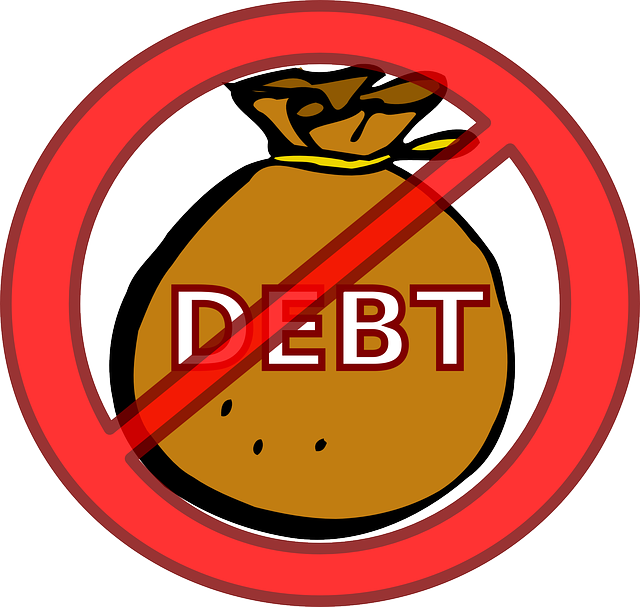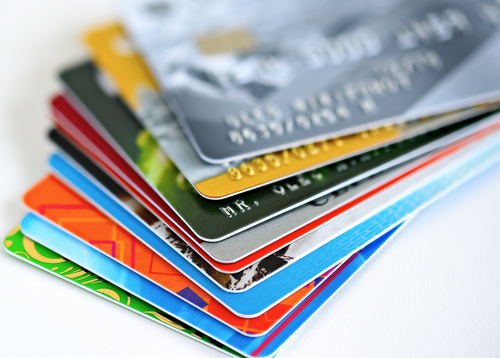Debt consolidation combines high-interest debts, such as credit card bills, into a single, lower-interest payment. It consolidates your debt and reorganises it so you can pay it off faster.
If you have ever felt like you are on a debt merry-go-round, constantly juggling payments, interest rates and credit limits, then debt consolidation could be the answer.
If you are dealing with a manageable amount of debt and just want to reorganise multiple bills with different interest rates, payments and due dates, debt consolidation is a sound approach you can use to manage your money smarter.
Debt consolidation can help reduce the stress of multiple debts and interest rates.

Paying off more than one debt at a time is not uncommon but can be stressful.
Debt consolidation is bringing your existing debts together into one new debt.
Consolidating your debt can help you manage your repayments and give you a clearer picture of your financial future.
You typically do this by taking out a new personal loan to repay your other existing debts, and then paying this new loan back over a set term. So let’s see how it works..
How does debt consolidation work?
Let’s say you have three different credit cards with debts of, for example, $2,000, $4,000 and $7,500. It’s likely you also have three different interest rates and to be making three different repayments at different times each month.
Therefore, managing your money can feel overwhelming and complicates managing your cash flow. Depending on when you accessed the cards and with which bank, the interest rate on one card may be significantly higher than the others. If the highest rate is on the card with the $7,500 debt, you could be paying plenty each month just to cover the interest, let alone paying down the debt itself.
One option you have to consolidate your debts is to take out a single personal loan to pay off each credit card. With a personal loan, you’ll have just one repayment to make every month over a set term. You could also choose more frequent payments to speed up the process if you have the capacity.

The key for success however is to ensure that the interest rate on the new personal loan is lower than the rates on your credit cards. I also suggest you cut up the credit cards so that you aren’t tempted to use them again.
You can use a debt consolidation repayment calculator to work out exactly what your repayments will be.
I will outline a few other options of how you can consolidate debt shortly, but first, let’s look at why you would consolidate.
Why would you consolidate?
The key advantages of consolidating your debt are:
- A lower (better) interest rate
- One single repayment that is easier to manage
- A clear pathway and timeline for eliminating your debt
So, first up it is crucial that the interest rate that you access is better than what you are already paying on your debt. This is the key. A lower interest rate will reduce your total interest payments and enable you to eliminate your debt faster.
Now it is important to note that you will be paying interest and reducing the loan amount with your repayments. This prevents you from just making minimum payments, which is a tactic of the banks to keep you in debt.
Having one single payment will also enable you to manage your money and repayments far more simply. If you are using our money planner, it will be even more simple to plan your money and eliminate your debt efficiently.
Finally, knowing when you will be debt free will also help build momentum. When it comes to eliminating debt, momentum is a key factor. As humans, we feed off success, and small wins, so having a timeline to eliminate your debt will help you succeed.
4 Ways to Consolidate Credit Card Debt
The best way to consolidate debt depends on how much debt you have, your credit score and history, whether you have home equity or investments and your self-discipline.
Consolidation works best when your ultimate goal is to pay off debt.
Here are four effective ways to consolidate debt and pay off your credit cards (one specifically only for our US readers):
1. Credit card refinance
This method involves applying for a new card, with the intent to cut up and stop using the ones that you are consolidating.

Also called credit card refinancing, this option transfers credit card debt to a balance transfer credit card that charges no interest for a promotional period, often 12 to 18 months. You’ll need a good to excellent credit score to qualify for most balance transfer cards.
Before you choose a card, calculate whether the interest you save over time will wipe out the cost of the fee.
Make a plan to pay off your debt by the end of the introductory period because any remaining balance after that time will be subject to a regular credit card interest rate.
Pros:
- In most cases you get a 0% introductory interest rate period.
Cons:
- Requires good to excellent credit to qualify.
- May have an annual fee.
- Higher interest rate kicks in after 12 to 18 months.
2. Credit card consolidation loan
You can use an unsecured personal loan from a bank or online lender to consolidate debt, be it a credit card or other types. The loan should give you a lower interest rate to be effective at paying off your debt faster.
This is the most common and simplest form of debt consolidation.
Pros:
- Fixed interest rate and monthly payment means your payments won’t change.
- Low interest rate for good to excellent credit.
- Fixed and variable rates available
Cons:
- Harder to get a low rate with bad credit.
- Online loans may carry an origination fee.
3. Home equity loan or line of credit
A home equity loan is a lump-sum loan with a fixed or variable interest rate, while a line of credit works like a credit card with a variable interest rate.
Since the loans are secured by your house, you’re likely to get a lower rate than what you would find on a personal loan or balance transfer credit card. However, you are adding risk to your scenario as you are using your home as security.
Pros:
- Lower interest rates than unsecured personal loans.
- May not require good credit to qualify.
- Long repayment period, which keeps payments lower.
Cons:
- You need equity in your home to qualify and a home appraisal is required.
- Secured with your home, which you can lose if you default.
4. 401(k) loan (For our US readers only)
If you have an employer-sponsored retirement account like a 401(k) plan, it’s not advisable to take a loan from it, since doing so can have a significant impact on your retirement. Consider it only after you’ve ruled out balance transfer cards and other types of loans.
One benefit is this loan won’t show up on your credit report, and there’s no impact to your credit score. But the drawbacks are significant: If you can’t repay, you’ll owe a hefty penalty plus taxes on the unpaid balance, and you may be left struggling with more debt.
As well, 401(k) loans typically are due in five years, unless you lose your job or quit, then they’re due in 60 days.
Pros:
- Lower interest rates than unsecured loans.
- No impact on your credit score.
Cons:
- It can reduce your retirement fund.
- Heavy penalty and fees if you can’t repay.
- If you lose or leave your job, the loan is due in 60 days.
When debt consolidation is a good idea
Success with debt consolidation requires you have a few things. If you are able to tick these off, then it is a good chance that debt consolidation will work for you.

These key requirements include:
- A good credit rating that would enable you to qualify for a personal loan or new credit card.
- A plan for your money that demonstrates your ability to meet your debt repayments.
- A plan to cut up the old cards and not return to more debt in the future.
For many people, consolidation reveals a light at the end of the tunnel. If you take a loan with a three-year term, you know it will be paid off in three years — assuming you make your payments on time and manage your spending.
Conversely, making minimum payments on credit cards could mean years of never effectively reducing your debt balance, all while accruing more interest than the initial principal. Ouch!
When debt consolidation is a bad idea
Consolidation isn’t a silver bullet for debt problems. It doesn’t address excessive spending habits that create debt in the first place. It’s also not the solution if you’re overwhelmed by debt and have no hope of paying it off even with reduced payments.
If your debt load is small — you can pay it off within six months to a year at your current pace — and you’d save only a negligible amount by consolidating, then it may not make sense.
Try a do-it-yourself debt payoff method instead, such as the one I teach in my Debt Detox program. You can access that here. You can also use this method with debt you have consolidated.
Conclusion
If you have been struggling with eliminating your debt, particularly credit cards, then consider a debt consolidation loan to create a plan and path to successfully eliminating your debt.
And remember, the key to eliminating your debt, is to ensure that you change your spending habits to ensure you don’t create any new debt. Having a plan for your money and a debt elimination schedule will have you on the road to success faster than you thought possible.
Have you considered debt consolidation as a solution? Let me know in the comments.
The Investor’s Way Blog has been included in FeedSpot’s Top 25 Investing Blogs in Australia for 2020. Woohoo!
